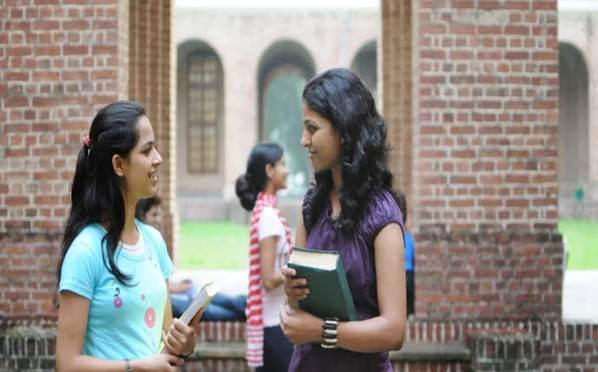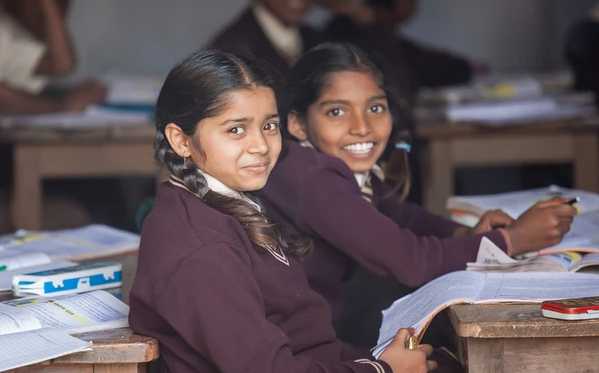NEW DELHI: In a recent study, over 68 percent of 3,000 students in grades 11 and 12 indicated they preferred higher education in their native country, a significant rise of 24 percentage points from the previous year.
The study, dubbed Student Quest Survey Report, received responses from over 6,600 students in grades 9 through 12 from 2,000 schools across India and South Asia. Overall, 25% of all students want to pursue higher education overseas this year, which is four percentage points lower than last year.
Shiv Nadar University in Noida and the International Career and College Counseling (IC3) Institute, a nonprofit organisation that provides counselling and training resources for high school administrators, teachers, and counsellors throughout the world, performed the poll.
According to the survey, 49% of grade 9 and 10 children wanted to study in their home countries, while 24% were unsure, underscoring the need of early counselling and having the proper information available to kids as they consider their alternatives.
Students begin thinking about their profession and associated job opportunities early in high school, according to the Student Quest Survey “Seventy-one percent of students have already begun to consider their future work options. The institution’s placement record, rankings, and programme design are the top three elements to consider while selecting a university.
Fees came in fourth place, followed by location and faculty member quality “According to the survey results. Students in grades 9 and 10 regarded faculty quality as a low priority when choosing a university, whereas students in grades 11 and 12 placed it substantially higher.
“When picking a programme, three criteria appear to be most important: around 35% of respondents indicated they would choose a programme based on their interests, 27% preferred future career possibilities, and 21% prioritised their own perceived strength in a specific field of study,” according to the survey.
As many as 83 percent of students cite “educational quality” as the primary motivation for attending colleges outside of their native nations. “Students on the edge of maturity must make critical decisions that will impact their professions and, in some cases, their lives.”
Understanding how that decision is made, who influences it, what information they use, and what factors play a role will not only help institutions, schools, and universities design better programmes and processes, but will also enable us to help these students alleviate their anxiety and make better decisions,” said Partha Chatterjee, Professor and Head – Department of Economics, Shiv Nishant University.

